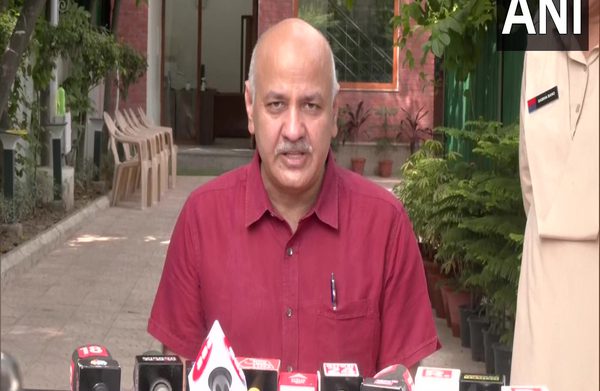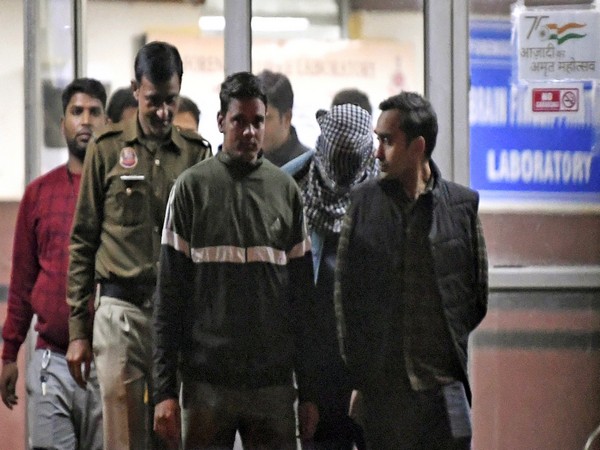Allowing the plea of Delhi Police seeking permission to obtain a voice sample of accused Aaftab Amin Poonawala in the Shraddha Walker murder case, a Delhi court on Friday said even though the fair trial is a right of an accused at the same time, a fair investigation is required in the larger public interest.
Metropolitan Magistrate Vijayshree Rathore of Saket court said, “True, a fair trial is the right of the accused but it is also true that fair investigation is also required in the larger public interest as the offense cannot escape and crime cannot go unnoticed merely because the accused is not ready to aid in the investigation.”
Thus, the application moved by the Investigating Officer (IO) seeking permission for a voice sampling test of the accused is allowed, the court ordered.
The court also referred to the decision of the Supreme Court of India in ‘Ritesh Sinha vs State UP’, which clarified the position that “judicial order compelling a person to give a sample of his voice is not violative of Fundamental Right to Privacy, under Article 20(3) of the Constitution of India”.
It was further observed in the case that the Fundamental Right to Privacy cannot be
construed as absolute and must bow down to compelling public interest, the court noted.
The court said the contention of counsel for the accused that consent of the accused is mandatory even in the case of the voice sampling test cannot be accepted.
It is clear that a voice sampling test can be conducted even if the accused does not consent to the same. An opportunity of seeking the will of the accused after informing the nature
of application moved by IO is already granted to the accused, the court said.
The court observed, “Even though the accused is not willing to give voice sample for voice sampling test, however, I am of the considered view that the accused can still be asked to give the voice sample to investigating agency for reaching the ends of the justice and also for a fair investigation.”
There is no such prohibition of compulsory consent of recording the accused in handwriting, fingerprint impression, and voice sampling test, the court said.
“The voice samples procured for the purpose of investigation cannot be considered as testimonial compulsion. This is just the only method by which an investigating agency collects the material against the accused for the purpose of attaining ends of justice,” the court observed.
Advocate MS Khan Counsel for the accused opposed the plea and contended that a copy of the application filed by the IO seeking voice sampling/willingness to be provided to him.
He further argued that since the right of the accused would be decided, therefore he has a right to obtain a copy of the application, and further he also has the right to reply to the said application.
The court said it is to be noted that this is merely an investigation proceeding and the right of the accused to defend himself would definitely accrue at the stage of trial where an opportunity of hearing as well as defending himself would definitely be granted to him.
Therefore, no merits lie in the arguments raised by the Counsel for the accused that the copy of this application is necessary to be supplied to him, the court said.
“This is a sensitive case where the contents of this and the nature of the application moved by IO is already brought to the knowledge of the accused. Further, at this investigation stage, this proceeding is conducted just to provide an opportunity for a hearing for the accused. Thus, the contention of the counsel for the accused is dismissed,” the court added.
Special Public Prosecutor (SPP) Amit Prasad submitted that the accused has no right to be heard at this stage of the investigation.
“The SPP relied upon the judgment of 11 Judges Bench in the ‘State Vs Kathi Kalu Oghad and Ritesh Sinha vs State of UP’, as relied on bringing home the point that at the stage of investigation and for collection of evidence, the accused has no right to be heard and it is for this Court to ensure that due process of law has been followed while collecting of evidence,” the court said.
He also relied upon the judgment in another case and submitted that the prosecution is complying with the guidelines issued in the judgment for the Voice Sampling test.
The accused was given the liberty to consult with his advocate via video conferencing mode. After consulting his lawyer, Aaftab said he was not willing to give consent for a voice sample. (ANI)
Read more: http://13.232.95.176/


